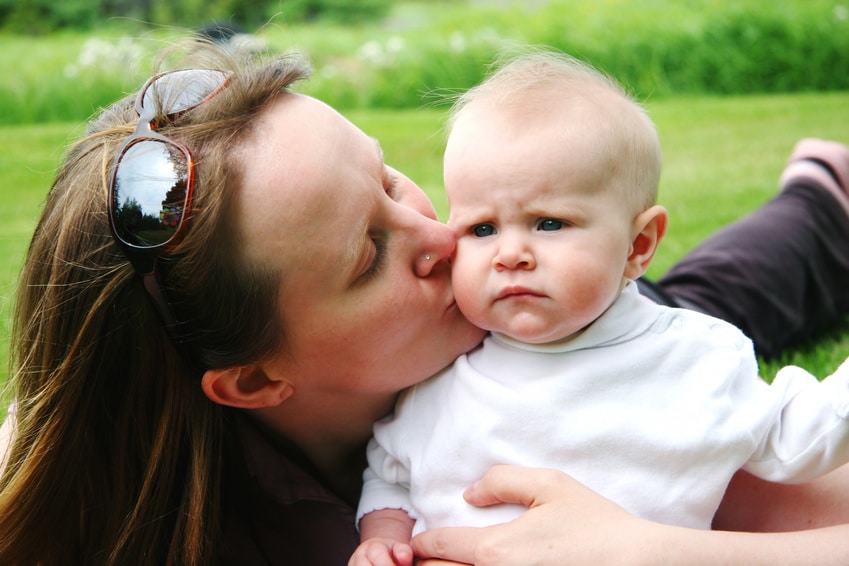Nj.com’s recent article entitled “Will there be a step-up in basis for this inheritance?” explains that the basis of property inherited from a decedent is generally the fair market value of the property on the date of the person’s death. This is known as a step-up in basis.
A step-up in basis is readjusting the value of an appreciated asset for tax purposes, when it’s inherited. The higher market value of the asset at the time of inheritance is considered for tax purposes.
When an asset (like a house) is transferred to a beneficiary, its value is typically more than what it was when the original owner purchased it.
The asset gets a step-up in basis, so the beneficiary’s capital gains tax is reduced or eliminated. A step-up in basis is applied to the cost basis of property transferred at death.
Tax basis is the dollar amount of a taxpayer’s investment in a certain asset or property. It is typically calculated for tax purposes, like calculating depreciation, amortization and other property dispositions.
In some instances, the fair market value at the time of death may be less than the decedent’s tax basis.
Stock in S-Corporations get a step-up in basis when inherited.
However, assets, such as IRAs or annuities, don’t get the step-up because those types of assets are considered income in respect of the decedent.


